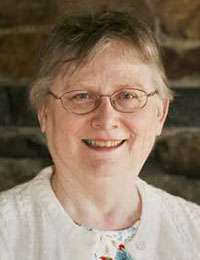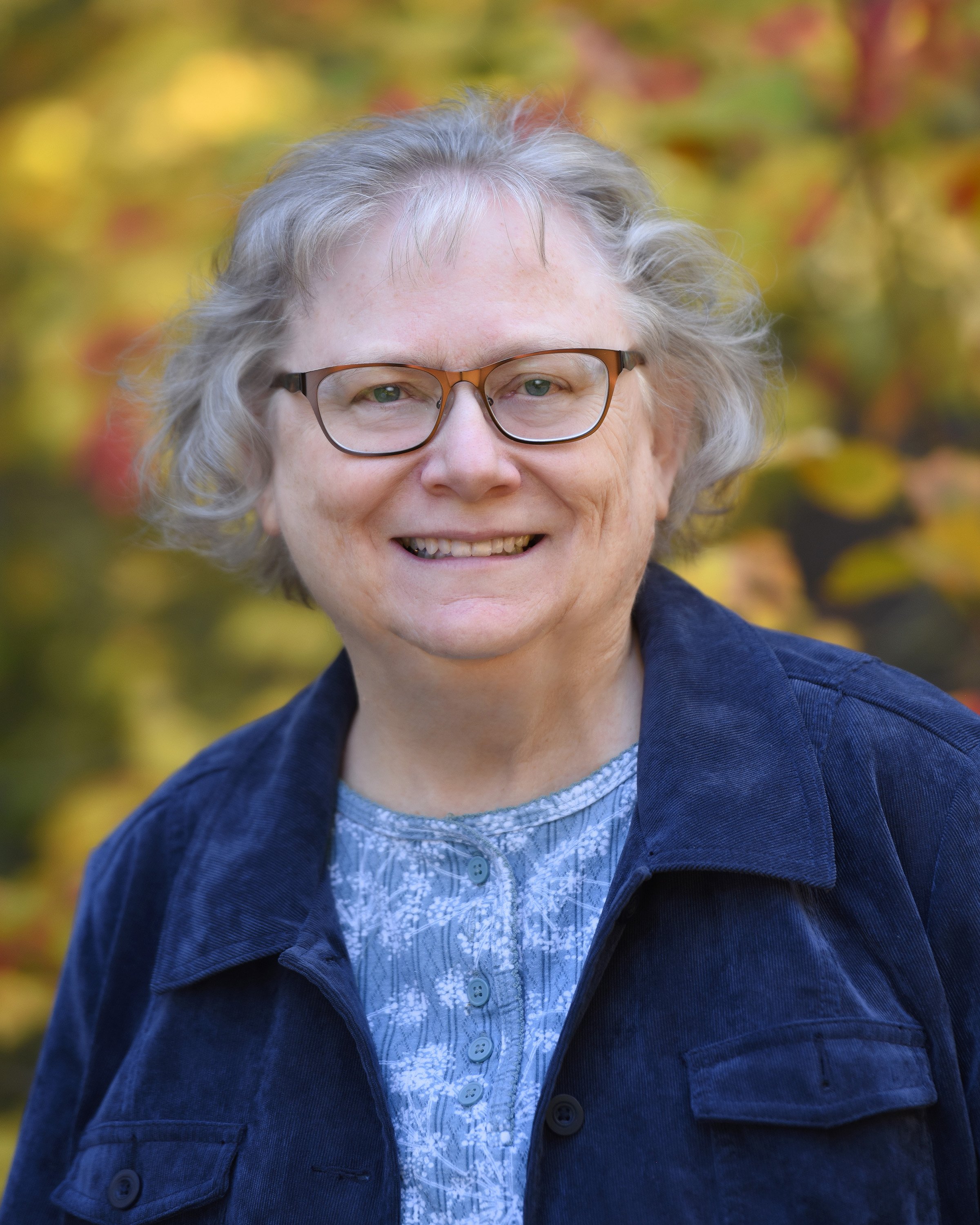 Part One appears here.
Part One appears here.
The parts of a will
Identification of testator: The first sentence will state the testator’s name, residence, and occupation. There is usually a comment about being old and weak, but of sound mind – for those who might argue otherwise [and later in this example we will see some arguments about just that], plus general religious sentiments appropriate to the time. In the case of our example of the will of John Dickson:[1]
“In the name of God Amen; I John Dickson of Cambridge in the County of Middlesex within the Province of the Massachusetts Bay in New England yeoman being aged and infirm in Body but of Sound mind and memory, blessed be God for it, calling to mind the mortality of my body….” and so forth.
Payment of debts and costs
In the fourth paragraph is the sentence about paying off all debts and expenses out of the estate before the bequests are distributed.
Bequests
John, who was a widower, directs that the remaining estate, after expenses, is to:
“be equally divided to and among my Six Children namely William, John, Edward, Jane, Elizabeth and Margery or their heirs, except my Said Son William who shall have two shares or a double Portion of the same.”
Then, more specifically:
To William, John, and Edward and their heirs, “all of my real estate whatsoever and wheresoever, to be equally divided between them (except my said son William who shall have two Shares…) on Condition [within] the space of three years next after my decease [they] well and truly pay unto each of their said Sisters or their heirs the Sum of one hundred and forty Pounds in Current lawful money within this Province or in Bills of publick Credit on the same, in the manner and Proportion I have hereinafter ordered and appointed.”
William, because he was receiving a double share, was to pay each sister annually over the three years £23.6s.8d., and John and Edward were to each pay £11.13s.4d. to each sister.
Executors
The last paragraph appoints his three sons as executors of the will.
Date and signature
The date on which the will was signed and John’s signature.
Witnesses
It was the responsibility of the witnesses to affirm that it was, indeed, John himself who signed the paper, and that he really was of sound mind when he did it.
Probate
After the testator’s death the will is presented to the Judge of Probate, the executors and witnesses give their oaths to its accuracy, and . . . if there are no impediments, the judge accepts it for probate. The date of probate is important, as it may be the earliest “died before” date available if no actual death record is found (although sometimes the inventory is taken before the probate). In this case, the date of probate is 6 June 1737.
Okay, all simple and straight forward, right?
Well, not in this particular case. In the next section we will see that before the will was accepted for probate, some of the heirs petitioned the court to have it overthrown.
Continued here.
Note
[1] Note that the Case number is #6263, not #6264 as given in Part 1 of this series (although the link is correct), and that there are only 12 images, not 28 as stated – another reason why you should not hire me to do your taxes.
Share this:

About Alicia Crane Williams
Alicia Crane Williams, FASG, Lead Genealogist of Early Families of New England Study Project, has compiled and edited numerous important genealogical publications including The Mayflower Descendant and the Alden Family “Silver Book” Five Generations project of the Mayflower Society. Most recently, she is the author of the 2017 edition of The Babson Genealogy, 1606-2017, Descendants of Thomas and Isabel Babson who first arrived in Salem, Massachusetts, in 1637. Alicia has served as Historian of the Massachusetts Society of Mayflower Descendants, Assistant Historian General at the General Society of Mayflower Descendants, and as Genealogist of the Alden Kindred of America. She earned a bachelor’s degree from the University of Connecticut and a master’s degree in History from Northeastern University.View all posts by Alicia Crane Williams →